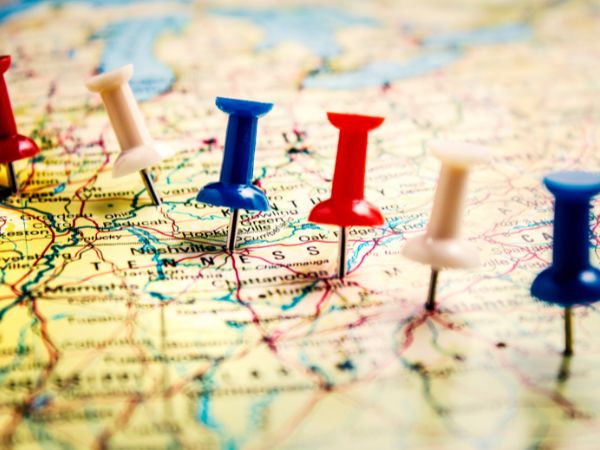When it comes to traveling, the magic often lies in the details. Destination planning is not just about picking a place on the map; it’s a delightful dance of decisions that turn a simple journey into an unforgettable experience. Whether you’re a seasoned traveler or a first-time explorer, mastering the art of destination planning can elevate your travel experience immensely. In this article, we’ll journey through the ins and outs of destination planning, ensuring your next adventure is nothing short of spectacular.
Understanding Destination Planning
Destination planning involves a series of steps to ensure that your travel experience is as enjoyable and hassle-free as possible. It’s not just about where you go; it’s about how you get there, what you’ll do, and how you’ll make the most of your time.
The Importance of Research
- Destination Selection: It all starts with choosing your destination. Are you in the mood for a tropical beach or a bustling city? Maybe a serene countryside? Your choice sets the stage.
- Local Attractions: Look up the must-visit spots. Whether it’s historical landmarks, natural wonders, or local events, make sure they’re on your list.
- Cultural Nuances: Understanding local customs and language nuances can be a game-changer. It shows respect and often leads to a more authentic experience.
Budgeting and Logistics
- Cost Analysis: Budgeting is crucial. Estimate costs for travel, accommodation, food, and activities. Don’t forget to keep a buffer for unexpected expenses.
- Travel Arrangements: Whether it’s flights, trains, or road trips, book in advance. Look for deals and consider travel insurance.
- Accommodation: From luxury hotels to cozy B&Bs, choose what fits your style and budget. Read reviews and book ahead.
When planning your next adventure, finding reliable transportation is key; utilizing the best online transport marketplace like Shiply can streamline your travel logistics, ensuring a smoother journey.
Itinerary Crafting
- Day-to-Day Planning: Create a balanced itinerary. Mix leisure with adventure, and allow for spontaneous detours.
- Local Experiences: Include local experiences in your plan. Cooking classes, community tours, or local markets can offer a unique perspective.
Navigating the Challenges of Destination Planning
Destination planning can be overwhelming, but here’s how to tackle common challenges:
Overpacking
- Packing Smart: Make a list and pack essentials first. Remember, you can always buy what you forget.
Language Barriers
- Communication Tools: Use language apps or phrasebooks. A few local phrases can go a long way in bridging gaps.
Cultural Differences
- Open Mindset: Be respectful and open to new experiences. Embrace the differences; they make your journey richer.
Tips for Successful Destination Planning
- Start Early: The early bird catches the worm, and in destination planning, it catches the best deals and options.
- Be Flexible: Sometimes, the best memories come from unplanned experiences.
- Check Reviews: From hotels to tours, reviews can offer valuable insights.
- Travel Light: You’ll thank yourself later for packing light.
- Stay Safe: Always prioritize your safety. Keep emergency contacts and be aware of local laws.
Destination Planning in the Digital Age
Leverage technology to enhance your destination planning:
- Travel Apps: Use apps for everything from booking to navigation.
- Online Forums: Join travel forums for tips and recommendations.
- Social Media: Get inspiration and advice from travel influencers.
FAQs in Destination Planning
Q1: How far in advance should I start planning? A1: Ideally, start planning 3-6 months in advance, especially for popular destinations.
Q2: How can I save money while traveling? A2: Look for off-season deals, choose budget accommodations, and eat where locals do.
Q3: What should I do if my plans change unexpectedly? A3: Stay calm, be flexible, and look for alternative options. Sometimes, a change in plans can lead to exciting new experiences.
Conclusion
Destination planning is both an art and a science. It requires careful thought, creativity, and a bit of flexibility. By following these tips and strategies, you’ll be well on your way to crafting memorable trips filled with adventure, relaxation, and discovery. Remember, the best travel experiences come from a mix of well-laid plans and the freedom to explore the unexpected. So, go ahead, plan your next journey, and embrace the wonders that await you!

